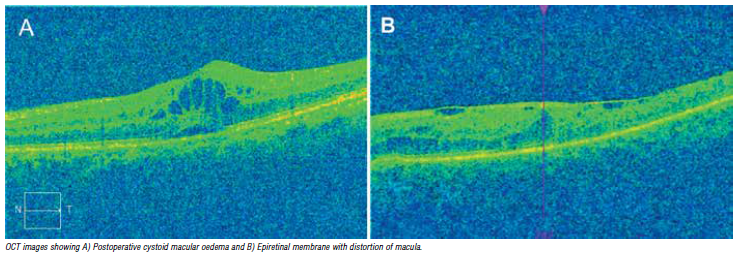Retinal Considerations for Cataract Surgery
Don’t lose sight of retinal disease when visualising outcomes. By Dr Soosan Jacob MS, FRCS, DNB.

Soosan Jacob
Published: Saturday, April 30, 2022

Don’t lose sight of retinal disease when visualising outcomes. By Dr Soosan Jacob MS, FRCS, DNB.

Published: Saturday, April 30, 2022
